Sleep plays a crucial role in mental health, especially for those living with bipolar disorder. Poor sleep can trigger mood episodes, including manic highs and depressive lows. That’s why prioritizing sleep hygiene—a set of practices that promote quality sleep—is vital for managing bipolar symptoms and maintaining emotional stability. In this article, we’ll dive into the top 7 bipolar sleep hygiene tips, backed by science, to help you sleep better and feel your best.
Why Is Sleep So Important for Bipolar Disorder?
Sleep and Mood Regulation
Sleep is deeply connected to mood regulation. When you don’t get enough rest, your brain struggles to manage emotions, leading to irritability, anxiety, or depressive symptoms. For individuals with bipolar disorder, sleep disturbances can intensify these challenges, increasing the risk of a mood episode.
Circadian Rhythm and Bipolar Disorder
The circadian rhythm, your body’s natural sleep-wake cycle, often becomes disrupted in bipolar disorder. A consistent sleep schedule can help stabilize this rhythm, reducing the likelihood of mania or depression.
Top 7 Bipolar Sleep Hygiene Tips
1. Stick to a Consistent Sleep Schedule
Maintaining regular sleep and wake times is vital for stabilizing your circadian rhythm. This practice ensures your body’s internal clock stays aligned, promoting better sleep quality and mood stability.
Key Tips:
- Set consistent bedtimes and wake-up times, even on weekends or holidays.
- Use alarms to reinforce a predictable schedule.
- Avoid naps longer than 20-30 minutes during the day to prevent disrupting nighttime sleep.
Benefits of Quality Sleep
Consistently high sleep quality improves emotional regulation, boosts concentration, and reduces the risk of mood swings. Studies show that individuals with bipolar disorder who prioritize sleep hygiene experience fewer manic and depressive episodes.
Notable Statistics:
- Adults need 7-9 hours of sleep per night for optimal health, according to the National Sleep Foundation.
- Sleep deprivation increases the risk of manic episodes by 25% and depressive episodes by 50% in individuals with bipolar disorder.
Manage Sleep Disruptors
External factors can interfere with your ability to maintain a healthy sleep pattern. Identifying and mitigating these disruptors is essential.
Strategies:
- Limit caffeine and alcohol intake, particularly in the evening.
- Establish a calming pre-sleep routine, such as reading or meditating.
- Minimize screen exposure an hour before bed to reduce blue light’s impact on melatonin production.
Embrace Sleep Benefits for Mood Regulation
Prioritizing sleep hygiene supports emotional resilience and balances mood fluctuations. Proper sleep strengthens the link between physical health and mental well-being, enabling you to manage stress and navigate challenges effectively.
By adhering to these sleep hygiene practices, you can create a foundation for improved sleep quality and sustained mood stability—a crucial step in managing bipolar disorder effectively.
2. Importance of a Relaxing Bedtime Routine for Bipolar Sleep Hygiene
Establishing a relaxing bedtime routine is a cornerstone of bipolar sleep hygiene, aiding in mood regulation, better sleep quality, and overall mental health. Proper sleep hygiene helps align your circadian rhythm, a key factor in maintaining emotional stability and reducing the risk of manic or depressive episodes.
Why a Bedtime Routine Matters
A bedtime routine signals your brain that it’s time to transition to sleep, which is essential for preventing sleep deprivation. Research indicates that individuals with bipolar disorder are more susceptible to the negative effects of sleep deprivation, including mood swings and cognitive impairment. Consistent, high-quality sleep promotes better emotional resilience and helps regulate the body’s natural sleep-wake cycle.
Key Components of a Relaxing Routine
Here are some effective practices to include:
- Mindfulness Practices: Activities like deep breathing, progressive muscle relaxation, or meditation reduce anxiety and prepare the mind for rest.
- Journaling: Writing down thoughts can declutter the mind, providing clarity and stress relief before bed.
- Light Reading: Engaging with calming content can ease the transition into sleep without overstimulating the brain.
Activities to Avoid
To optimize your sleep hygiene, steer clear of activities that disrupt your sleep quality:
- Bright Screens: Avoid phones, TVs, or tablets an hour before bed. Blue light from screens suppresses melatonin production, disrupting your circadian rhythm.
- Stimulating Conversations or Activities: Intense discussions or high-energy tasks can keep your mind active, delaying sleep onset.
Benefits of Consistent Sleep Hygiene
- Improved Mood Regulation: Consistent sleep reduces the risk of mood instability by balancing brain chemistry.
- Enhanced Cognitive Function: High-quality sleep boosts focus, memory, and decision-making skills.
- Reduced Health Risks: Regular sleep patterns decrease the likelihood of cardiovascular issues and metabolic disorders.
Incorporating these practices fosters better bipolar sleep hygiene, enabling you to harness the full spectrum of sleep benefits while minimizing the risks associated with poor sleep quality.
3. Optimize Your Sleep Environment for Better Bipolar Sleep Hygiene
Creating a restful sleep environment is a cornerstone of improving bipolar sleep hygiene. A well-optimized bedroom helps regulate the circadian rhythm, promotes better mood regulation, and enhances overall sleep quality. Statistics show that adults require 7–9 hours of sleep each night, but sleep deprivation is common among individuals managing bipolar disorder. Addressing environmental factors can significantly improve sleep benefits and reduce the risk of sleep-related mood disturbances.
Key Elements of an Optimal Sleep Environment
Your bedroom should foster relaxation and minimize distractions. To maximize sleep benefits, focus on the following:
- Lighting: Exposure to light impacts the body’s circadian rhythm.
- Use blackout curtains to eliminate external light sources.
- Dim lights at least one hour before bedtime to signal the body to produce melatonin.
- Temperature: Room temperature is critical for quality sleep.
- Maintain a cool and comfortable temperature, ideally between 60–67°F (15–19°C).
- Use breathable bedding materials to prevent overheating.
- Sound Control: Noise disturbances can disrupt deep sleep.
- Add a white noise machine to mask ambient sounds.
- Wear earplugs if external noise is unavoidable.
Additional Tips for Enhancing Sleep Quality
Incorporate these practices into your routine for sustained improvements in sleep quality:
- Invest in a supportive mattress and pillow to reduce physical discomfort.
- Limit screen time before bed, as blue light suppresses melatonin production.
- Use calming scents like lavender, which have been shown to promote relaxation.
By optimizing your sleep environment, you’re not only addressing sleep deprivation but also reinforcing healthier patterns of mood regulation. Improved bipolar sleep hygiene helps you maintain emotional stability, reduces the likelihood of manic or depressive episodes, and enhances overall well-being.
4. Watch Your Caffeine and Alcohol Intake for Better Bipolar Sleep Hygiene
Maintaining a good sleep routine is crucial for individuals managing bipolar disorder. One of the most effective ways to improve sleep quality is by moderating the intake of substances like caffeine and alcohol. Both of these can significantly affect your sleep, especially when consumed later in the day.
How Caffeine and Alcohol Affect Sleep
- Caffeine: As a stimulant, caffeine promotes alertness by increasing dopamine levels and blocking adenosine receptors in the brain. While this is beneficial during the day, it can be detrimental if consumed in the afternoon or evening. Studies show that caffeine can delay the onset of sleep, reduce sleep duration, and decrease deep sleep (REM) phases, making it harder to achieve restful sleep.
- Alcohol: Although alcohol may initially make you feel drowsy, it disrupts the sleep cycle by altering the natural stages of sleep. It can shorten REM sleep, which is crucial for mood regulation and cognitive function. Alcohol consumption has been linked to an increased likelihood of sleep deprivation and frequent awakenings throughout the night.
Better Sleep Choices
- Choose for herbal teas such as chamomile, which is known for its calming effects. It helps soothe the nervous system and promotes a deeper sleep cycle, making it an excellent choice for those with bipolar disorder.
- Lavender tea is another great alternative. Lavender has been shown in multiple studies to improve sleep hygiene by lowering anxiety and inducing a state of relaxation.
Impact on Mood Regulation
Proper sleep has been shown to regulate mood and reduce the severity of mood swings associated with bipolar disorder. In fact, research highlights that individuals with bipolar disorder who experience consistent, quality sleep are less likely to experience extreme mood fluctuations. By avoiding substances like caffeine and alcohol, you support your circadian rhythm and improve sleep outcomes, leading to better mood stability.
By managing caffeine and alcohol intake, you significantly improve sleep benefits, contributing to better overall mental health and well-being.
5. Expose Yourself to Natural Light for Better Bipolar Sleep Hygiene
Regulating your circadian rhythm is crucial for maintaining good sleep hygiene, especially if you have bipolar disorder. One of the most effective ways to achieve this is through natural light exposure, which plays a significant role in both mood regulation and sleep quality.
Importance of Natural Light
Natural sunlight is essential for synchronizing your body’s internal clock, which directly impacts your sleep-wake cycle. This alignment helps improve both sleep quality and mood regulation. Disruptions to the circadian rhythm due to insufficient daylight exposure can lead to sleep deprivation, which may trigger manic or depressive episodes in individuals with bipolar disorder.
- Circadian rhythm regulation: Exposure to natural light in the morning helps reset your internal clock, promoting better sleep hygiene and helping to improve the consistency of your sleep cycle.
- Mood regulation: Research shows that sunlight triggers the release of serotonin, a neurotransmitter that influences mood and overall mental health. This can help mitigate the emotional volatility seen in bipolar disorder.
How to Expose Yourself to Natural Light
- Spend 15-30 minutes outside in the morning sunlight: Try to get natural light early in the day to maximize its effects on circadian regulation. This is especially beneficial for individuals with bipolar disorder, as it can reduce the risk of mood swings and help manage sleep disturbances.
- Use a light therapy box: If you live in areas with limited sunlight or experience long winters, light therapy boxes can be a great alternative. These devices emit light that mimics natural sunlight, aiding in the regulation of your circadian rhythm.
Statistical Insight
- Studies have shown that individuals with bipolar disorder who practice good sleep hygiene, including natural light exposure, experience a 25-40% reduction in the frequency of manic episodes.
- Research from the National Institute of Mental Health indicates that exposure to natural light in the morning can improve sleep quality by 30% in people with sleep disorders.
By integrating natural light exposure into your daily routine, you can enhance your bipolar sleep hygiene, improve sleep quality, and support overall mood regulation.
6. Use Cognitive Behavioral Therapy for Insomnia (CBT-I)
Cognitive Behavioral Therapy for Insomnia (CBT-I) is an effective treatment for those struggling with insomnia due to anxiety, stress, or racing thoughts. By focusing on changing negative beliefs about sleep and promoting healthy sleep habits, CBT-I can significantly improve sleep quality and restore your natural circadian rhythm.
Benefits of CBT-I:
- Improves Sleep Quality: CBT-I has been shown to help individuals fall asleep faster, stay asleep longer, and wake up feeling more refreshed. A study published in JAMA Internal Medicine found that CBT-I improved sleep quality in 75% of participants.
- Mood Regulation: Sleep deprivation can negatively affect mood, increasing feelings of irritability, anxiety, and depression. CBT-I helps break this cycle by addressing the root causes of sleep disturbances, ultimately improving mood and emotional stability.
- Long-term Effectiveness: Unlike medication, which may offer temporary relief, CBT-I helps create lasting improvements in sleep behavior. Studies indicate that CBT-I’s positive effects can persist even after the therapy has ended, often reducing the need for future interventions.
CBT-I Strategies:
- Cognitive Restructuring: This involves challenging negative or irrational thoughts about sleep. For example, when you think, “I’ll never fall asleep,” CBT-I helps you recall instances when you have successfully slept, shifting your mindset to a more positive outlook.
- Progressive Muscle Relaxation (PMR): PMR techniques involve systematically tensing and relaxing muscle groups to release physical tension, which can help reduce anxiety and promote restful sleep.
- Sleep Scheduling: CBT-I emphasizes maintaining a consistent sleep schedule to reinforce your circadian rhythm and improve sleep patterns.
CBT-I is a proven method for improving sleep quality, managing mood, and restoring a healthy circadian rhythm. By adopting these strategies, individuals can reduce the impact of sleep deprivation and enhance overall well-being.
7. Seek Professional Help When Needed
If sleep issues continue despite efforts to improve sleep hygiene, it is crucial to seek professional help. Persistent sleep deprivation can negatively impact various aspects of your life, such as mood regulation, cognitive performance, and physical health. Consulting a healthcare provider or mental health professional can help address the root causes and offer targeted treatments.
When Sleep Disruptions Are Persistent
Sleep deprivation and poor sleep quality can lead to serious consequences. According to the National Sleep Foundation, adults need 7-9 hours of sleep per night for optimal health. When individuals consistently fail to meet this threshold, they may experience:
- Mood regulation difficulties: Chronic lack of sleep can trigger irritability, anxiety, and depression.
- Cognitive impairment: Sleep deprivation affects memory, focus, and decision-making.
- Physical health risks: Long-term sleep deprivation increases the likelihood of developing conditions like heart disease, diabetes, and obesity.
Professional Interventions for Sleep Issues
If you have made changes to your sleep routine and still struggle, a mental health professional can assess and address underlying causes. They may recommend the following:
- Cognitive Behavioral Therapy for Insomnia (CBT-I): This is a structured program aimed at improving sleep patterns and behavior, often with long-lasting results.
- Medications: For some, medications like sleep aids or mood stabilizers might be necessary to restore sleep balance. However, medications should always be prescribed and monitored by a healthcare provider to ensure safety and effectiveness.
Specialized Sleep Therapists
If sleep disorders persist, consider reaching out to sleep specialists. These professionals focus specifically on sleep and can provide a personalized treatment plan. They may assess your circadian rhythm and suggest techniques to improve sleep quality.
Sleep is essential for overall well-being. If self-care strategies fail, professional help can ensure you receive appropriate treatment to address sleep deprivation, optimize mood regulation, and restore balance to your circadian rhythm.
Additional Lifestyle Tips
- Exercise Regularly: Physical activity, even a 20-minute walk, can improve sleep quality. Just avoid vigorous workouts close to bedtime.
- Keep a Sleep Diary: Tracking your sleep patterns can help identify triggers for poor rest and guide adjustments to your routine.
- Limit Screen Time Before Bed: As mentioned earlier, blue light disrupts sleep. Consider wearing blue-light-blocking glasses in the evening.
FAQs on Bipolar Sleep Hygiene
Q: Can poor sleep cause bipolar episodes?
A: Yes, sleep deprivation can trigger manic or depressive episodes in individuals with bipolar disorder. That’s why prioritizing sleep is essential.
Q: What is the best bedtime for someone with bipolar disorder?
A: The ideal bedtime depends on your personal schedule, but consistency is key. Aim for 7-9 hours of sleep nightly, going to bed and waking up at the same time daily.
Q: Are naps okay if I have bipolar disorder?
A: Short naps (20-30 minutes) earlier in the day can be refreshing. However, long or late naps may interfere with your nighttime sleep.
Key Takeaways
- Bipolar sleep hygiene involves maintaining consistent habits to support quality rest and stable mood.
- Simple adjustments like a bedtime routine, optimizing your environment, and seeking natural light can make a significant difference.
- Professional guidance can be invaluable when sleep challenges persist.
Conclusion
Better sleep leads to better mood stability and improved quality of life. By incorporating these 7 bipolar sleep hygiene tips into your daily routine, you’re taking an essential step toward emotional well-being. Remember, change takes time, so be patient and celebrate small victories along the way.

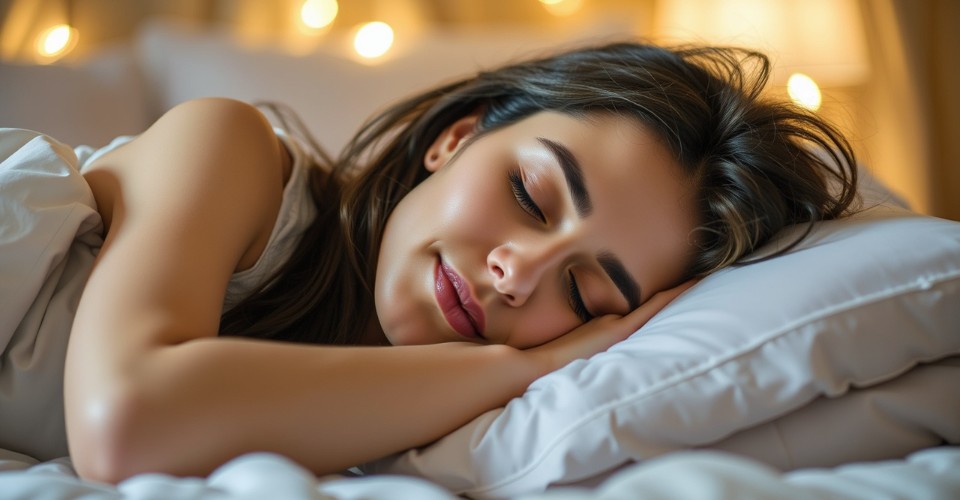
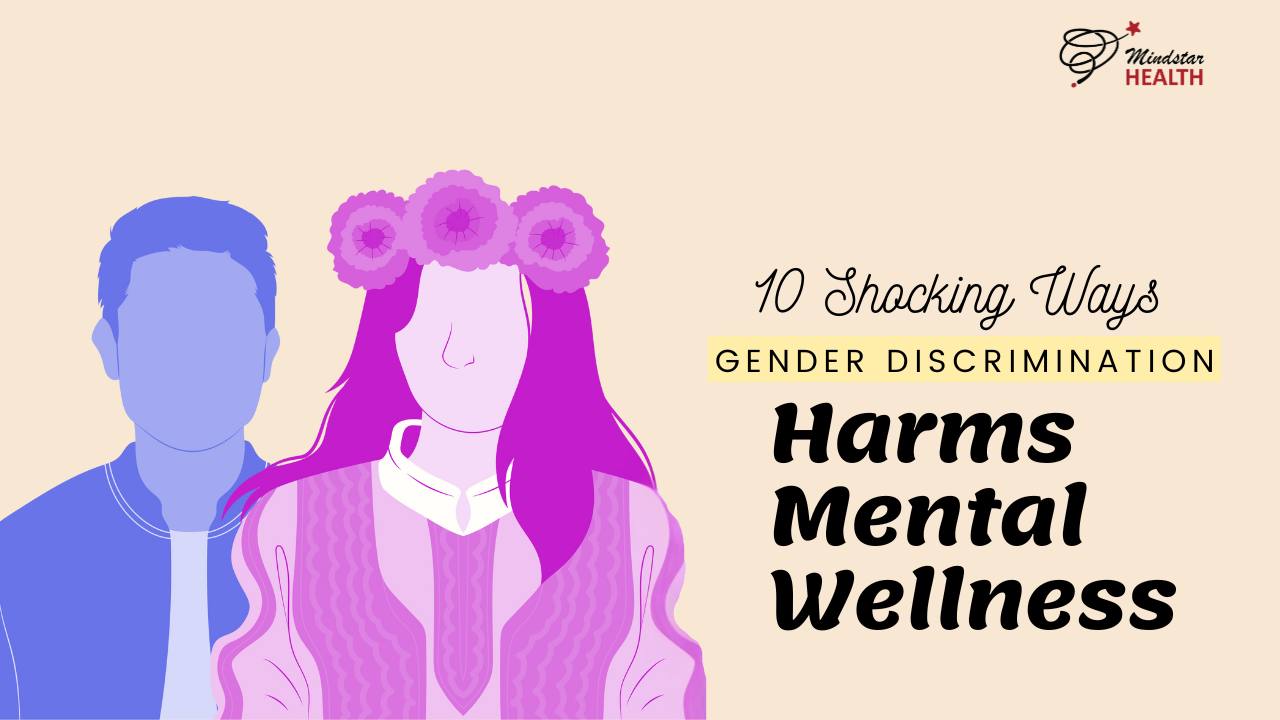
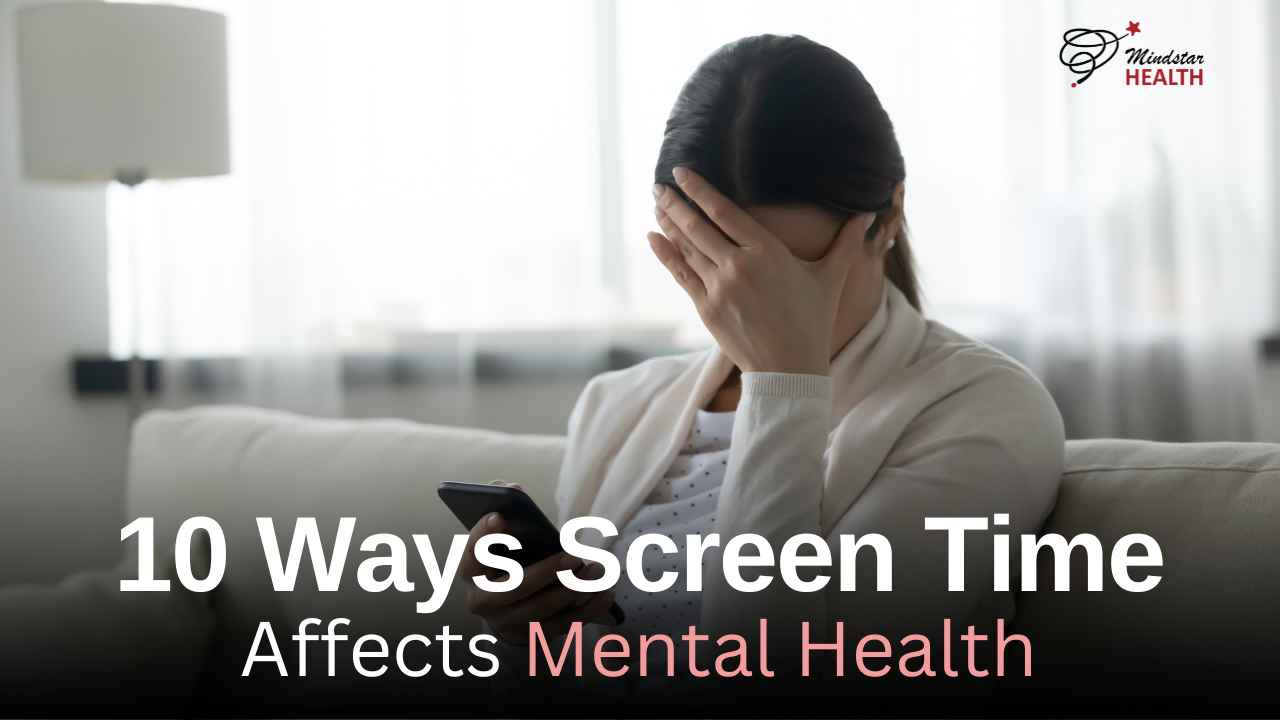


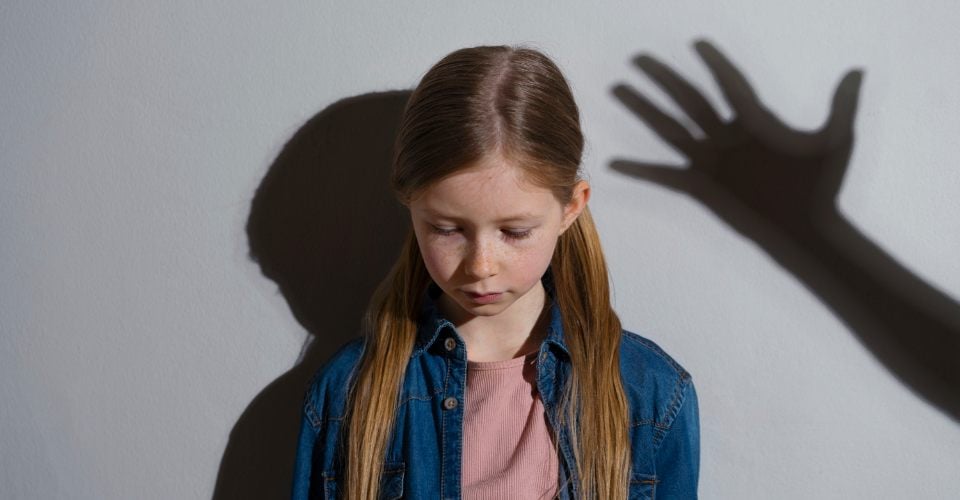
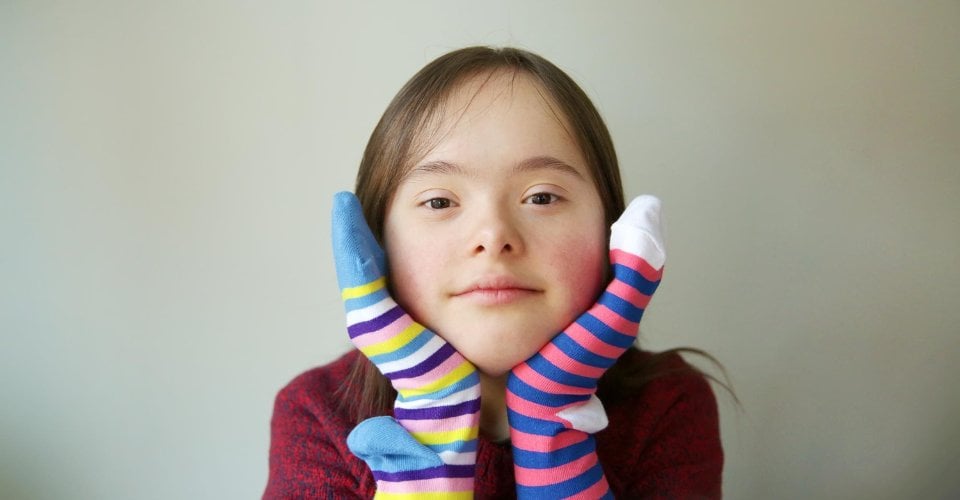




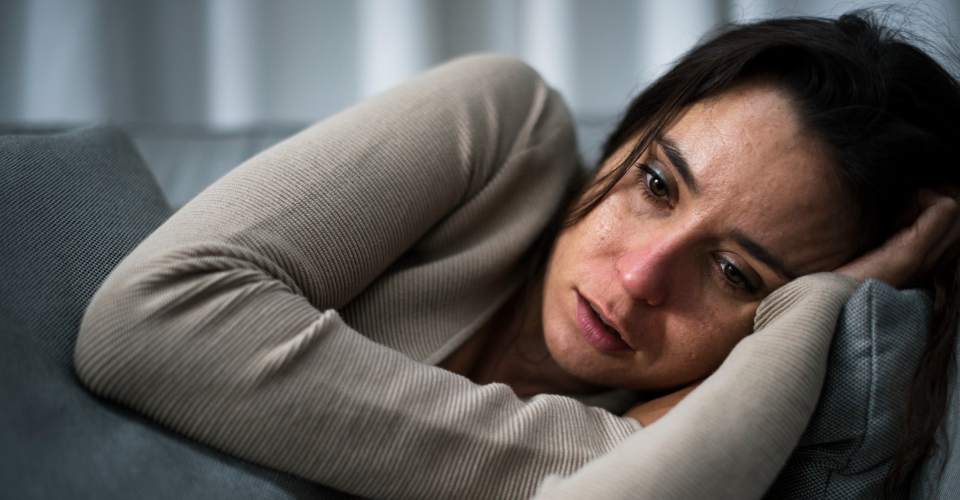





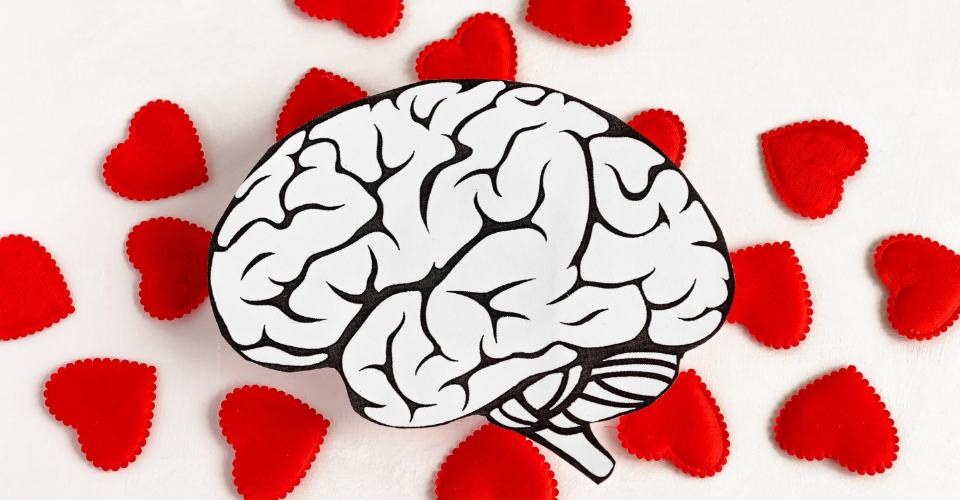

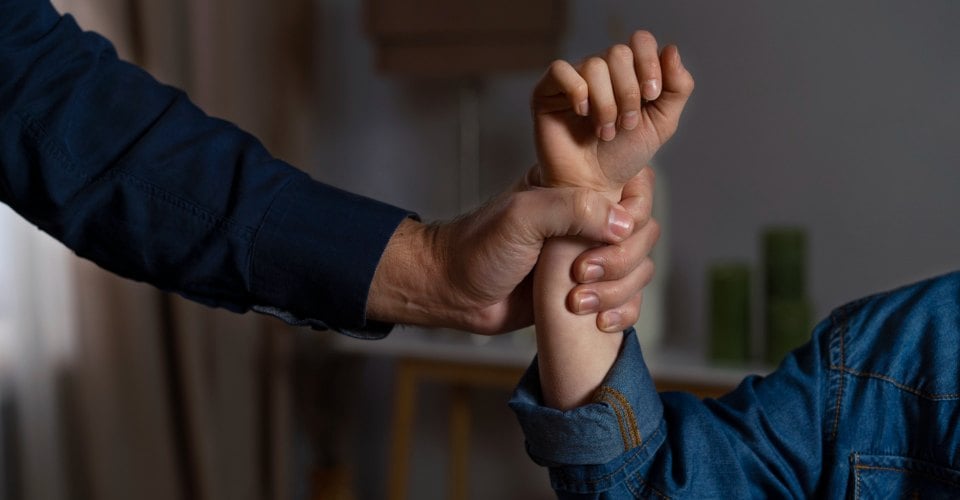
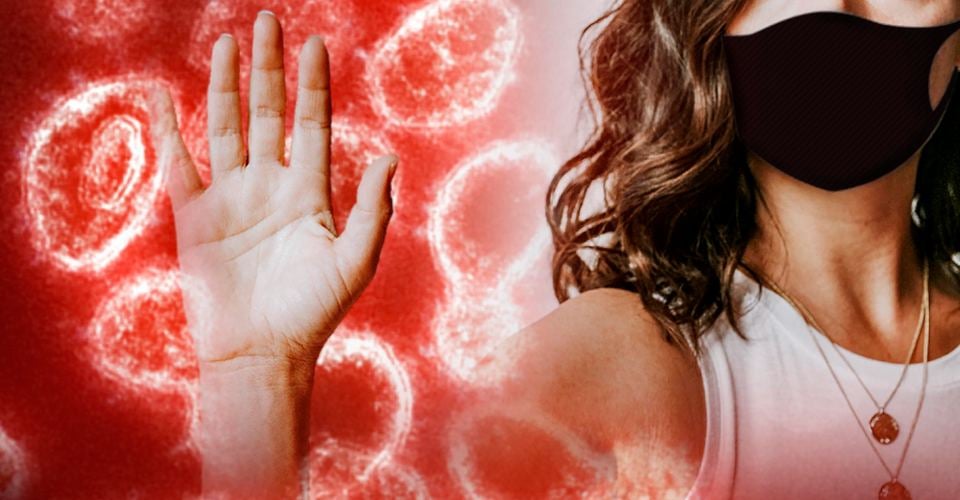
Leave a Reply
You must be logged in to post a comment.